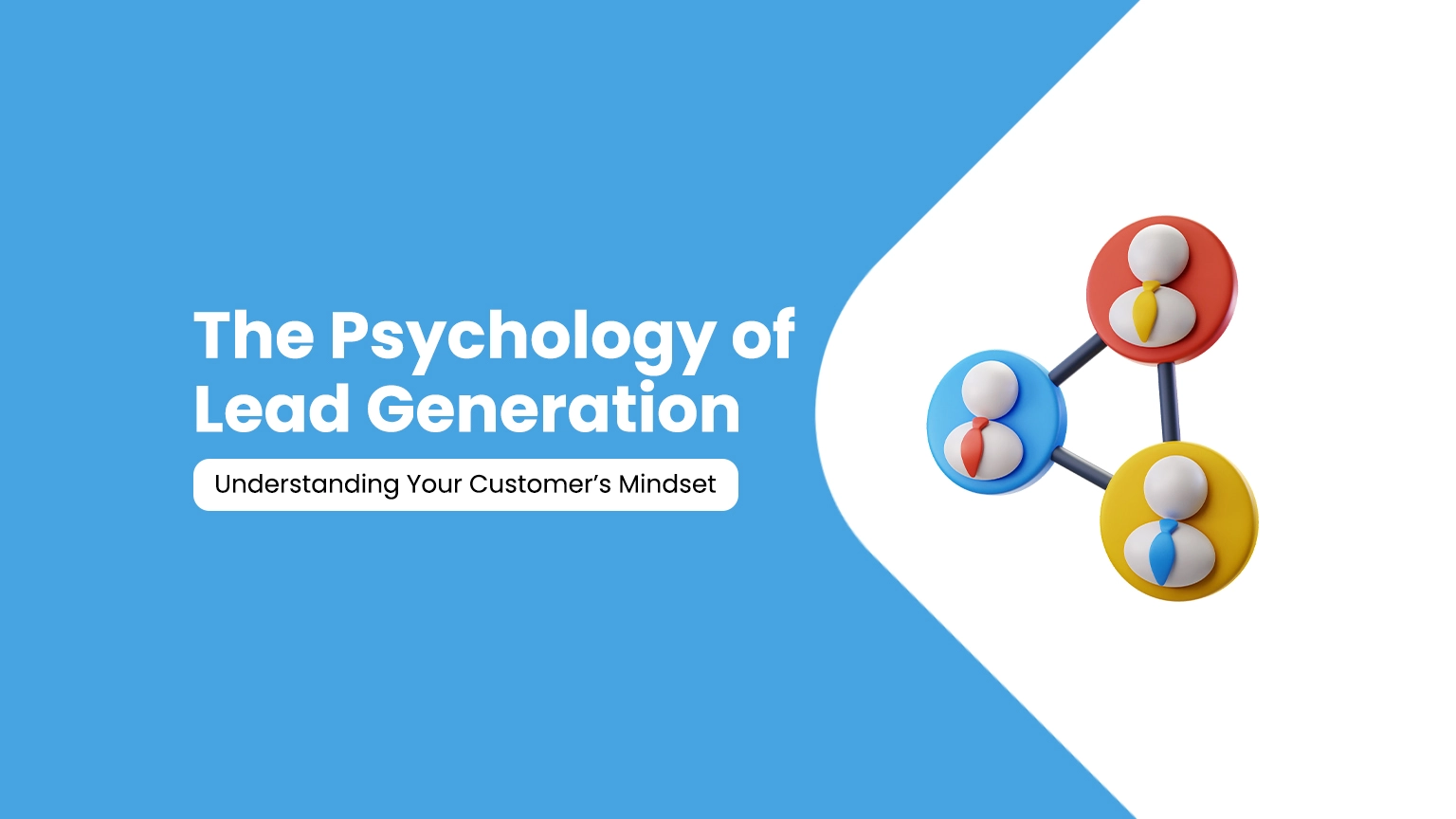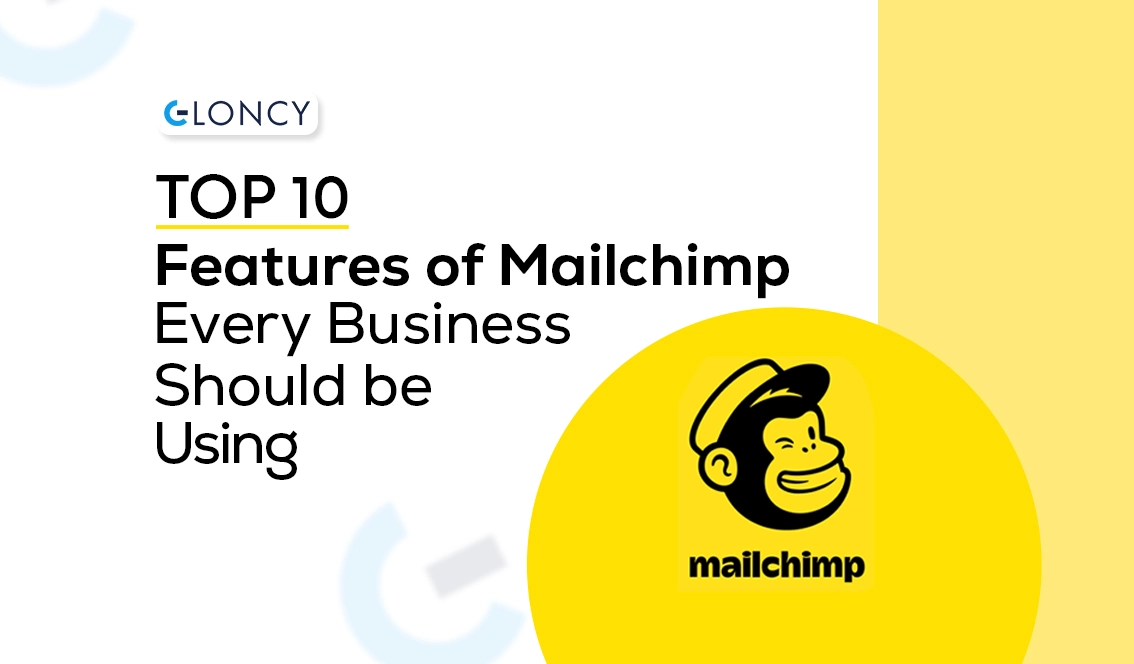It is the lifeblood of any successful business and Agency or Company. It’s the process of attracting and converting potential customers into qualified leads, ultimately loyal customers. There are various strategies and techniques to generate leads and understand the psychology behind them. Your customer’s mindset is a crucial component of a successful campaign.
The Fundamentals of Lead Generation
Lead Generation Defined
At its core, It involves identifying and engaging potential customers who have expressed interest in your offerings. It’s like a magnet that draws in prospects and nurtures them. Until they are ready to make a purchase.
The Importance of Lead Generation
Why is lead generation crucial? Simply put, it fuels business and company growth. Without a steady stream of leads. Your sales pipeline can dry up and leave your business and company stagnant. Effective lead ensures a constant influx of potential customers, driving revenue and expansion.
The Lead Generation Process
It isn’t a one-size-fits-all approach. It’s a dynamic process that requires a tailored strategy. The process generally involves capturing leads through various channels, nurturing them and eventually converting them into paying customers.
Strategies for Successful Lead Generation
Content Marketing: The Heart of Leads
Compelling content is a driving force behind successful leads. Create informative and engaging content that addresses your audience’s pain points. You’ll attract leads like bees to honey.
Social Media Engagement
In today’s digital age, social media platforms are goldmines for lead. Leverage the power of social media to connect with your audience or your target customers and answer their questions and build relationships.
Email Marketing: The Personal Touch
Email marketing remains a potent tool for lead nurturing. Craft personalized emails that resonate with your audience. Gently guiding them down the sales funnel.
Landing Pages: The Conversion Catalyst
Well-designed landing pages can significantly boost your leads efforts. They provide a focused and distraction-free environment for prospects to take action.
The Role of SEO
Leveraging SEO
Search Engine Optimization (SEO) is a basic of digital marketing. It can catapult your website to the top of Google’s #1 position driving organic traffic and generating leads.
Using Long Tail Keywords
Long tail keywords are specific phrases that potential customers use when searching for products or services in Google. By optimizing your content for these keywords. You can attract high-quality leads who are closer to making a purchase.
Local SEO: Attracting Nearby Leads
For businesses with a physical presence, local SEO is essential. It ensures that your business and company appear in local search results and makes. It is easy for nearby prospects to find you.
Advanced Lead Generation Techniques
Marketing Automation
Streamline your lead efforts with marketing automation tools. These platforms can help you manage leads more efficiently and deliver personalized content at scale.
A/B Testing
Never stop refining your lead generation strategies. A/B testing allows you to experiment with different approaches and optimize your campaigns for maximum impact.
CRM Integration
A Customer Relationship Management (CRM) system can be a game changer in it. It helps you organize and nurture leads effectively.
1. Know Your Audience
Before delving into the psychology of Lead. It’s essential to know your audience inside and out. What are their pain points and motivations? What challenges do they face and how can your product or service address those challenges? This knowledge lays the foundation for effective lead.
2. Building Trust
Trust is the basis of lead generation. Your potential customers need to trust that your brand can deliver on its promises. This trust is built through consistent branding, transparent communication, and a track record of delivering value. Highlight customer reviews and testimonials to reinforce trust.
3. The Power of Social Proof
Humans are social creatures and they often look to others for guidance. Incorporate social proof into your lead generation efforts by showcasing how many people have already benefited from your product or service. This can be through customer reviews and case studies or by displaying the number of satisfied customers prominently on your website.
4. Scarcity and Urgency
The fear of missing out (FOMO) is a powerful psychological trigger. Use scarcity and urgency tactics in your lead campaigns. For example, limited-time offers or low-stock alerts can push potential leads to take action quickly.
5. Emotional Appeal
Emotions play a significant role in decision-making. Tailor your content to evoke emotions that resonate with your target audience. Whether it’s the excitement of a new opportunity or the relief of solving a problem and connecting on an emotional level can drive leads.
6. Personalization
Personalization is more than just using a lead’s first name in an email. It’s about tailoring your messages and offerings to individual needs and preferences. Use data-driven insights to customize your approach and ensure that each potential customer feels valued and understood.
7. The Power of Storytelling
Storytelling is a potent tool for it. Craft narratives that illustrate how your product or service has transformed the lives or businesses of previous customers. Engaging stories can captivate your audience and make your brand more relatable.
8. Cognitive Ease
Humans are naturally drawn to things that are easy to understand and digest. Simplify your lead forms and messages. Remove unnecessary jargon and complexity to ensure potential leads can quickly grasp the value you offer.
9. Social Influence
Incorporate social media into your lead generation strategy. People tend to follow the crowd. Showcase your social media following and engage with your audience regularly. When leads see others engaging with your brand. They’re more likely to do the same.
10. The Power of Reciprocity
The principle of reciprocity suggests that when you provide value upfront. People are more inclined to reciprocate. Offer valuable content resources or free trials as part of your lead strategy. When potential leads receive something of value. They’re more likely to engage with your brand.
In conclusion, effective it goes beyond simple techniques. It’s about understanding the psychology of your potential customers. By knowing your audience, building trust and leveraging social proof, and appealing to emotions. You can create lead campaigns that resonate and convert. Implement these psychological insights into your strategy and watch your lead efforts flourish.
Conclusion
Lead generation is a dynamic field that requires adaptability and persistence. With the strategies and insights provided in this guide, you’re well-equipped to start generating business leads through inbound methods. Remember, consistency and a customer-centric approach are key to success.
Frequently Asked Questions (FAQs)
Q: What is the difference between inbound and outbound lead generation?
A: Inbound lead generation involves attracting leads organically through content, social media, and other non-intrusive methods. Outbound lead generation, on the other hand, relies on direct outreach, such as cold calling or emailing potential leads.
Q: How can I measure the effectiveness of my lead generation efforts?
A: Key performance indicators (KPIs) like conversion rates, click-through rates, and lead-to-customer conversion rates can help gauge the success of your lead-generation strategies.
Q: Is it necessary to invest in paid advertising for lead generation?
A: Paid advertising can complement your lead generation efforts, but it’s not always necessary. Many businesses achieve success through organic strategies like content marketing and SEO.
Q: What role does customer relationship management (CRM) play in lead generation?
A: CRM systems help you manage and nurture leads effectively. They provide a structured approach to tracking interactions with potential customers and converting them into paying customers.
Q: How can I ensure the leads I generate are of high quality?
A: To ensure lead quality, focus on targeting the right audience through personalized content and qualifying leads based on their engagement and fit with your ideal customer profile.
Q: Are there any ethical considerations in lead generation?
A: Yes, ethical considerations are crucial. Always obtain consent for collecting and using lead data, and respect privacy regulations like GDPR and CAN-SPAM Act.



